October 1, 2021
WARNING: This story contains distressing details that may trigger people who have lived through similar experiences.
A Mi’kmaw elder hopes recent discoveries of thousands of apparent unmarked graves at former residential school sites across Canada — and greater awareness about the Indian day school on P.E.I. — will help non-Indigenous Canadians start to better understand their Indigenous neighbours.
But Judy Clark hopes the renewed attention will also help bring a dream project to life.
“I know on P.E.I., what we need is healing,” said Judy Clark, an elder-in-residence at the University of Prince Edward Island.
“We need a healing lodge. We need somewhere where we could go to heal.”
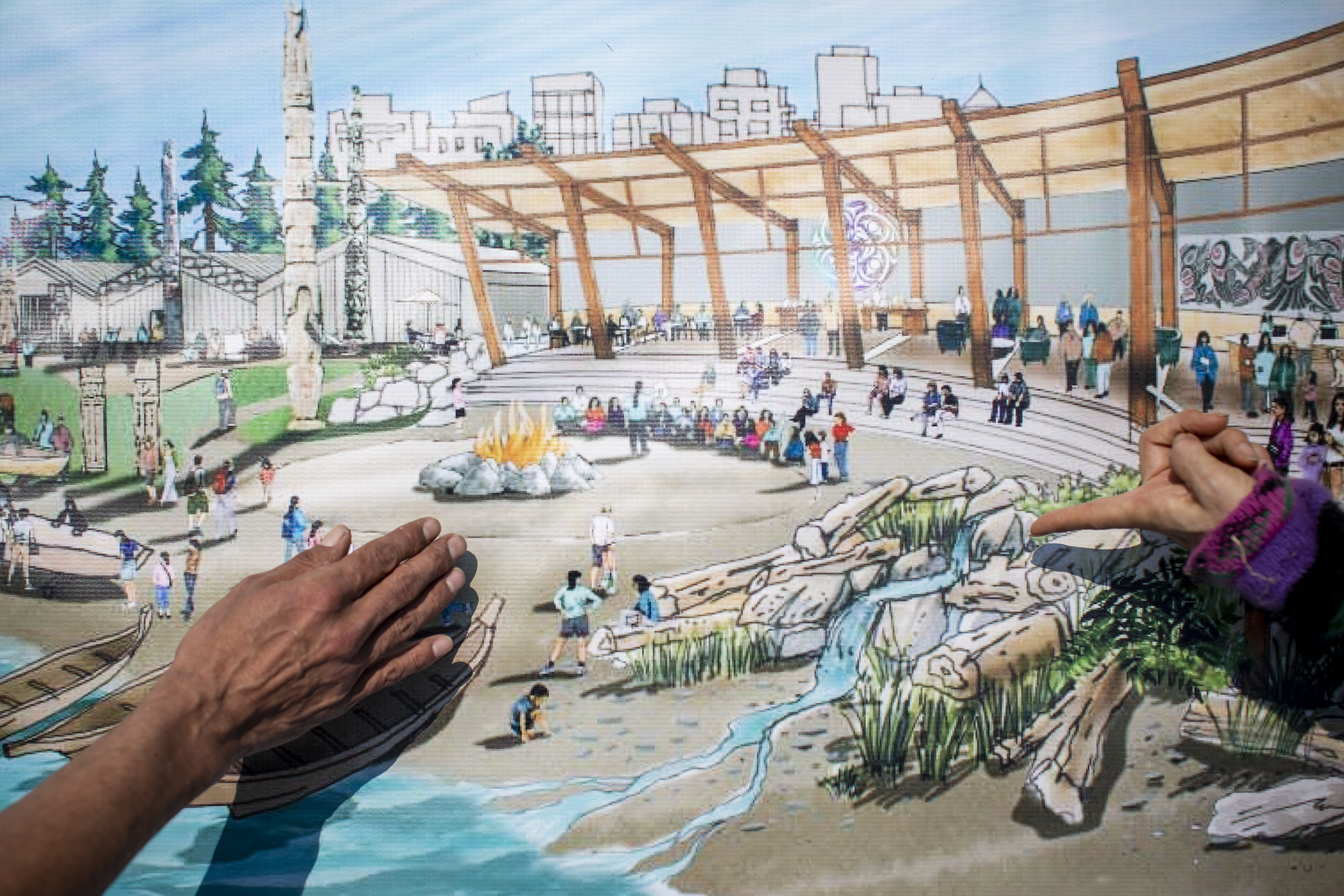
As a child, Clark was forced to attend the Lennox Island Day School. Like residential schools across Canada, it was a federally funded institution that sought to blend Indigenous children into mainstream white culture, and eradicate Indigenous language and customs. It opened in 1869 and ran as a federal entity until the building was turned over to the band in 1987.
“It was part of the Indian Act, that we were told we had to go to school,” said Clark. “Assimilation was the game. That was the end product of what they tried to do.”
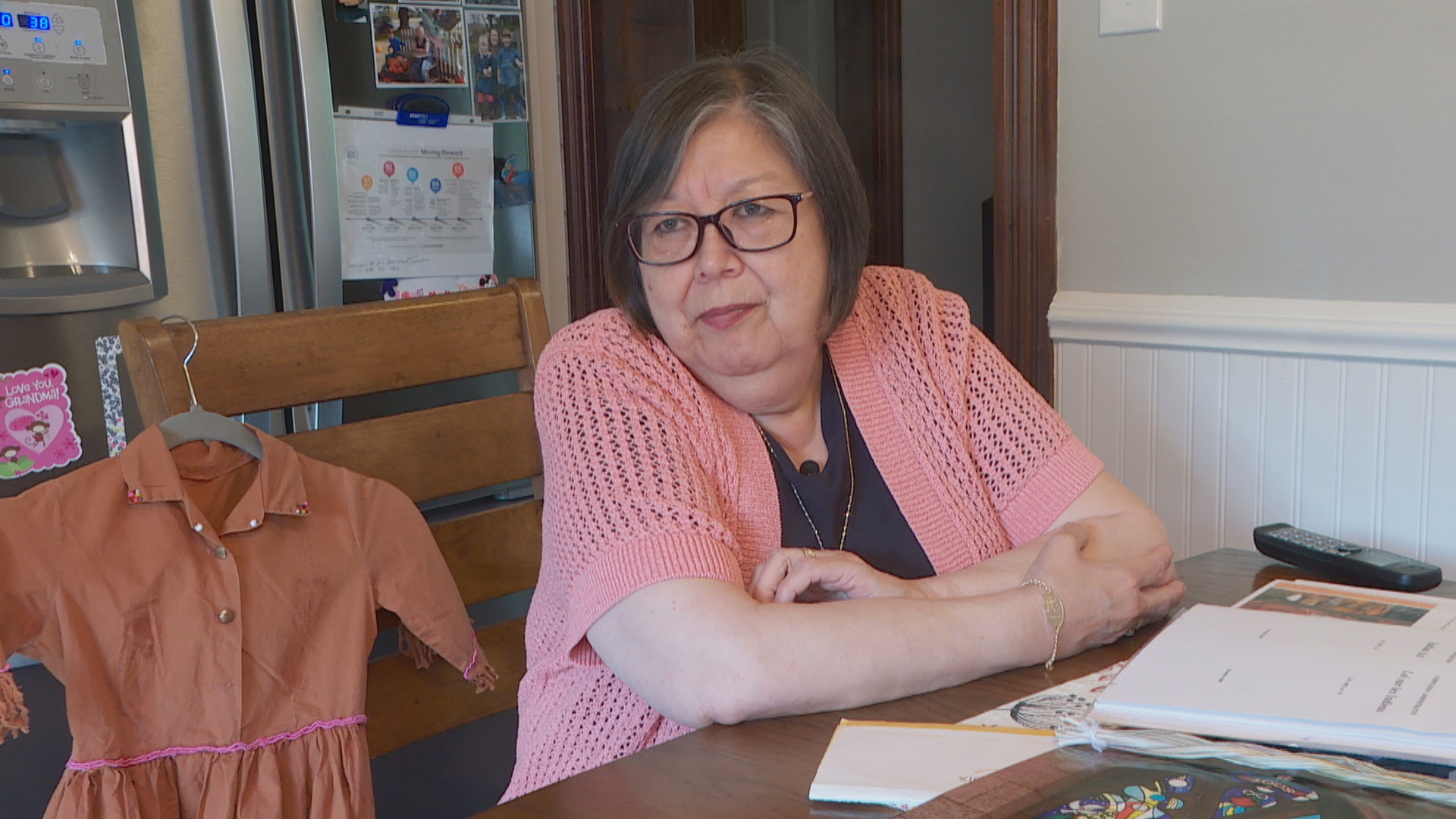
Survivors who spoke to CBC News about their time at the Lennox Island Day School say they faced the same variety of abuses — emotional, physical and sexual — as Indigenous children who were forced to attend residential school. The only difference is they were allowed to return to their family home at the end of each day.
“I'm fortunate. I realize that my parents protected me and followed the rules,” said Clark.
“And it's sad because the many that didn't, and the many who were brave enough to speak up... they suffered, in more ways than we can ever expect.
“When you hear about the harm, in many different forms, and the trauma that they've experienced, you see that still today... And now we're able to heal and help each other more, through education, through knowledge. We're sharing this.”
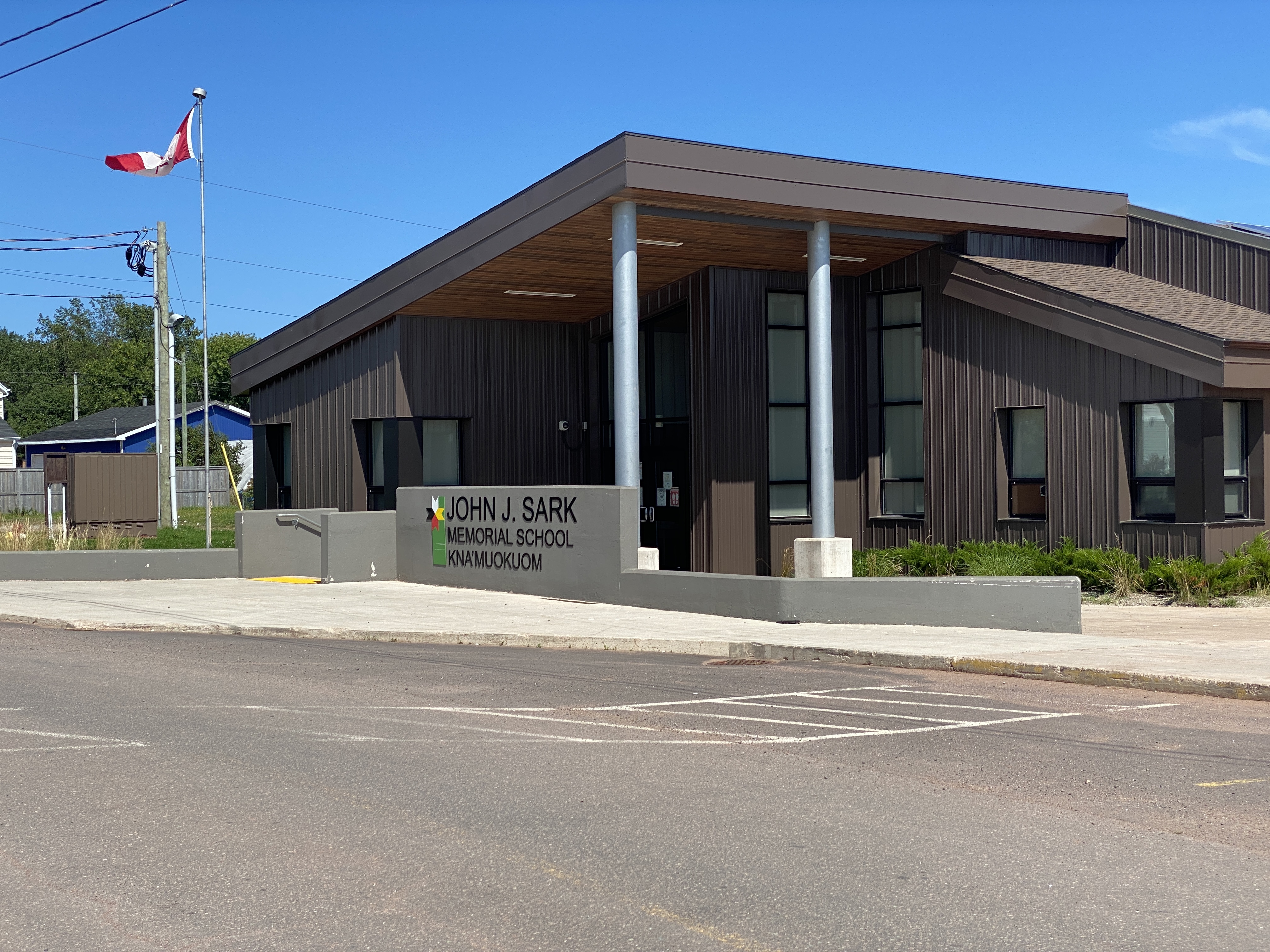
For Clark, a part of that sharing involves her work at UPEI, as elder-in-residence, and as a frequent guest lecturer, offering context on Indigenous culture and content.
She says it all goes back to the Indian Act, first passed in 1876, which defines the relationship between the federal government and Indigenous Canadians.
“There's a lot of people that don't know that we are still governed by the Indian Act,” said Clark.
Starting nearly 150 years ago, the act provided the legal framework to allow “Indian agents” to enforce mandatory education in residential and day schools, among other powers.
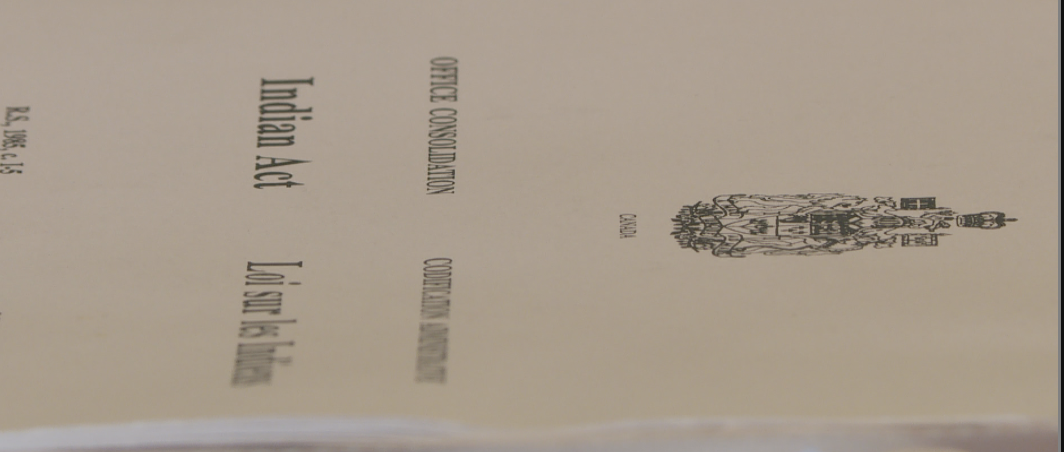
In 2019, Clark was among those celebrating a long overdue change to the act, which ended gender-based descrimination towards Indigenous women who had married non-Aboriginal men. The change meant that Clark and an estimated 450,000 other Indigenous people in Canada would regain access to treaty payments, post-secondary education funding and the Non-Insured Health Benefits program.
“This is all because of the Indian Act, that we didn't have the freedom as other Canadians, to do what we do and to have a secure life,” said Clark.
She’s hoping that non-Indigenous Canadians will finally start to apply more pressure on elected officials to do more, given the grim discoveries of unmarked graves at former school sites.
“Nobody believed these parents, you know, that their child didn't come home,” she noted, even though Indigenous communities have been speaking for years of unrecorded child deaths at the facilities.
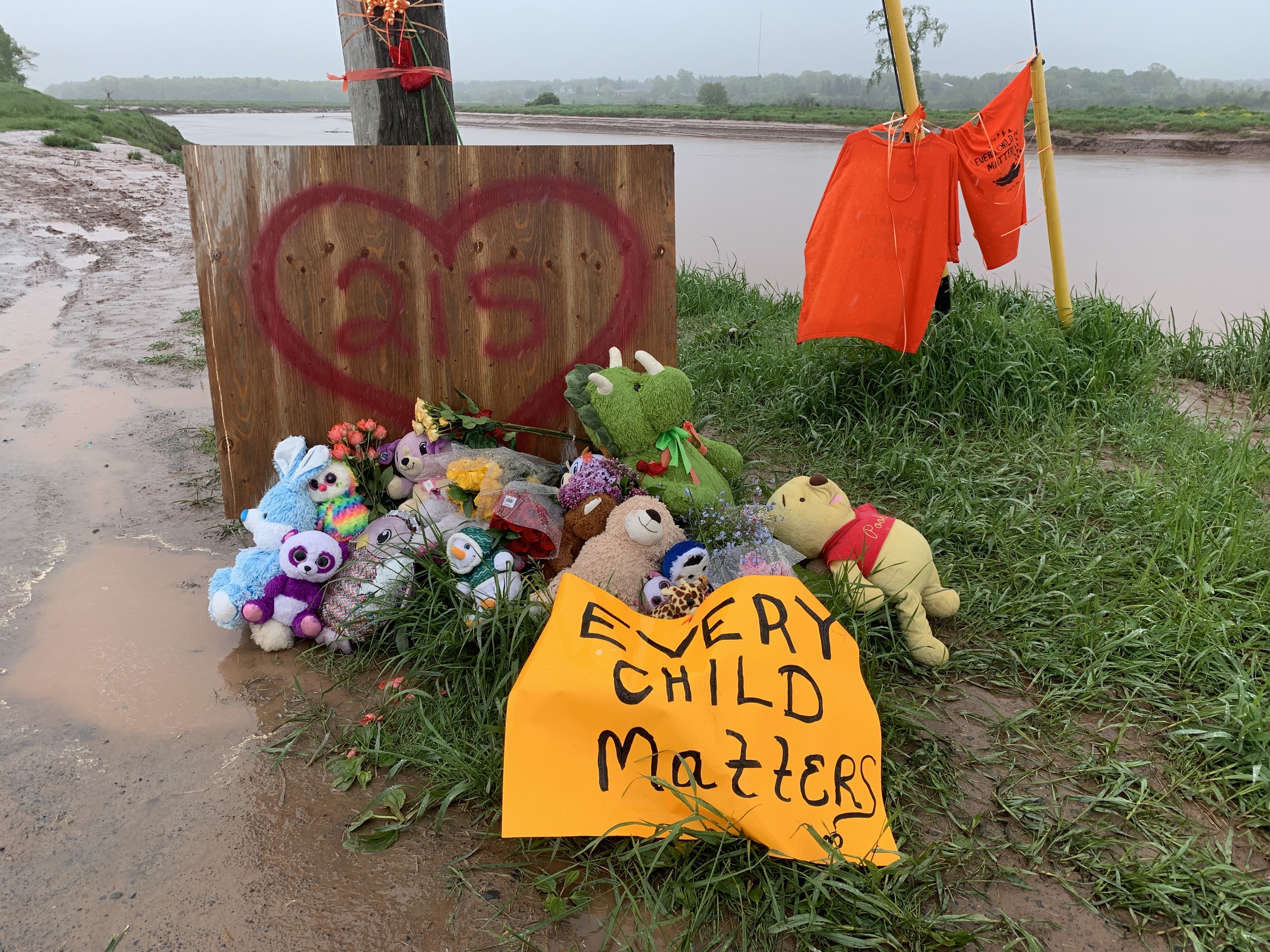
After their culture was systematically suppressed for so long, Clark says many Indigenous communities are working hard to reconnect members with elements of their traditional values, language, and practices. It’s a source of pride to her to see younger generations learn Mi’kmaw, wear regalia, dance, drum, and take pride in their Indigenous roots.
“But there's still a lot of work to be done, especially on P.E.I.”
The quest for healing
Fellow day school survivor Tiffany Sark would also like to see an Indigenous-led facility on the Island designated specifically for healing.
First Nations in other parts of Canada are working on similar projects. One recent example is the new Gitpo Spirit Lodge, part of Eel Ground First Nation in New Brunswick. Opened in April of 2021, it’s a wellness centre designed to promote healing in the community.
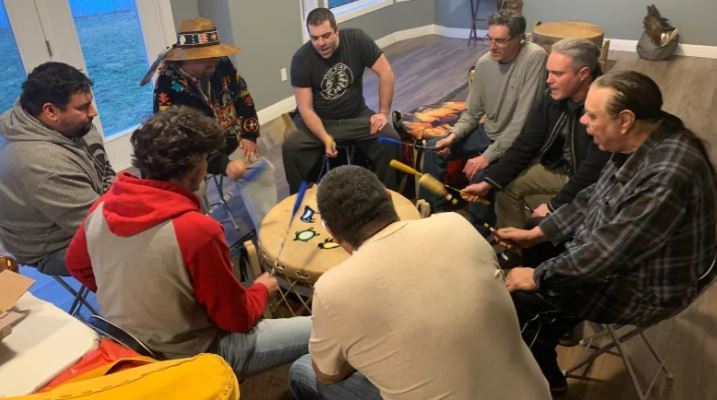
Another need is for more counsellors, Sark said, especially on P.E.I. where existing mental health and addictions professionals and facilities can be difficult to access, and wait times can be long.
“We need more resources,” said Sark, who works as the Health Resolution and Cultural Support Coordinator for the Mi’kmaq Confederacy of P.E.I.
“We have beautiful people that do amazing work, like with assisting in healing and counseling and stuff on the reserves. But we need more. We need more because we could get burned out too.”
Recently, Sark has been extra busy, as the unmarked grave discoveries elsewhere in Canada continue to trigger those who were forced to attend government- or church-run schools.
“It’s hard. It makes a person numb, when you hear of all that, all them children being found. It's awful. It's genocide,” said Sark. “It's very traumatic and it hurts.
“It's like: How can a government do this?”
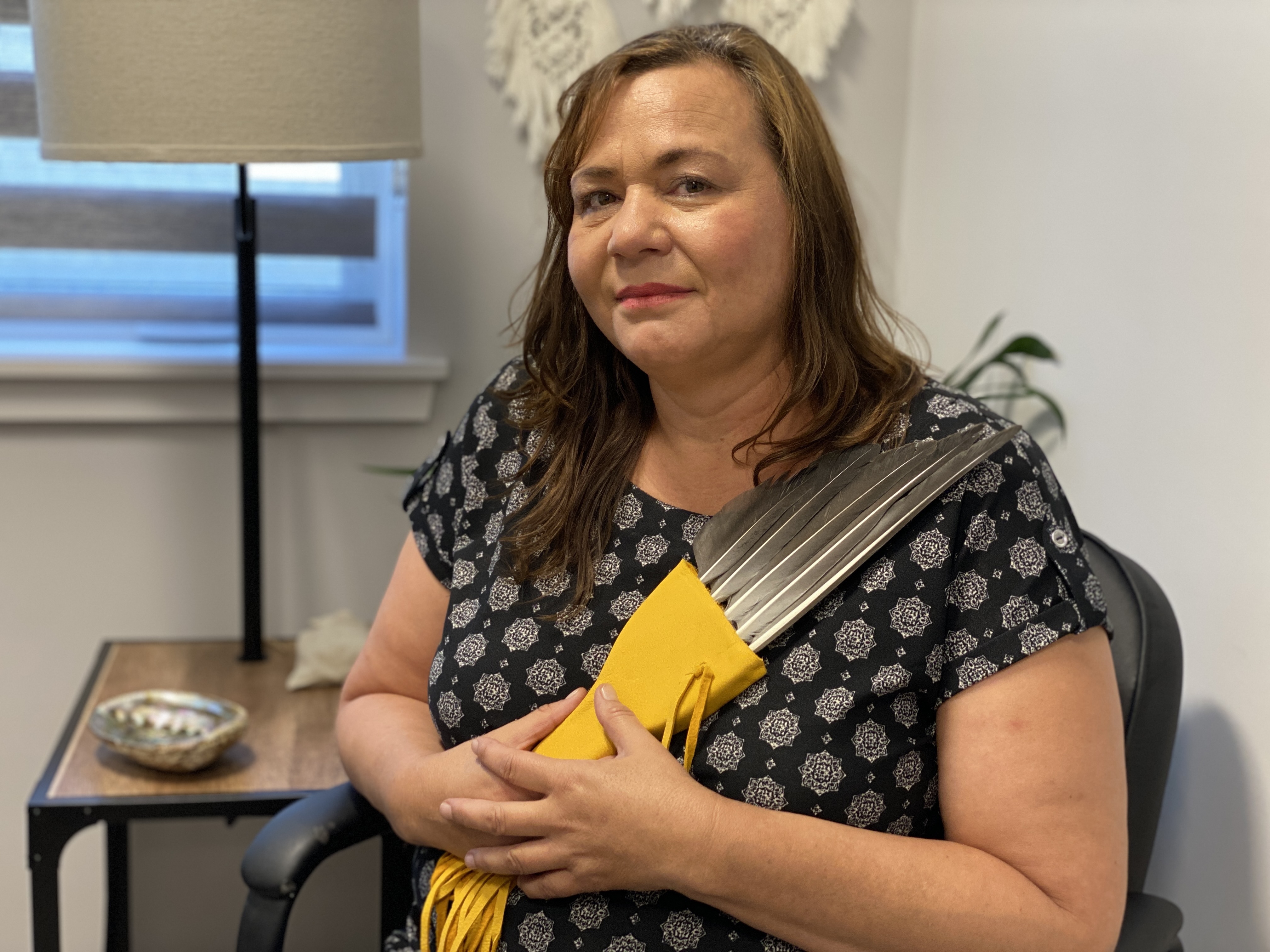
She’s supporting day school survivors through the emotional and often painful process of applying for compensation earmarked for those abused at federally run Indian day schools. It’s part of a $1.47-billion settlement reached in 2019.
“I’ve learned a lot,” said Sark. “I learned a lot of teachings and I learned how to have a lot of strength. It's an honour, really, it's an honour to work with survivors, and it's an honour to be trusted by elders.”
Schooling about the school
Another thing that would help, in Sark’s opinion: Making sure today’s students on P.E.I. know what generations of Lennox Island students went through.
She believes Indigenous-guided content must become part of Prince Edward Island’s public education system curriculum.
“For so long, we've had history, our history, written by other people that weren't in our shoes, so they had no idea. So it's probably good for us to write our own history in the schools, for the school system,” said Sark.
“Even in UPEI, when we did history… we're mentioned in the first chapter and then maybe a little bit near the end.
“It's not right. We were there through the whole thing, you know?”
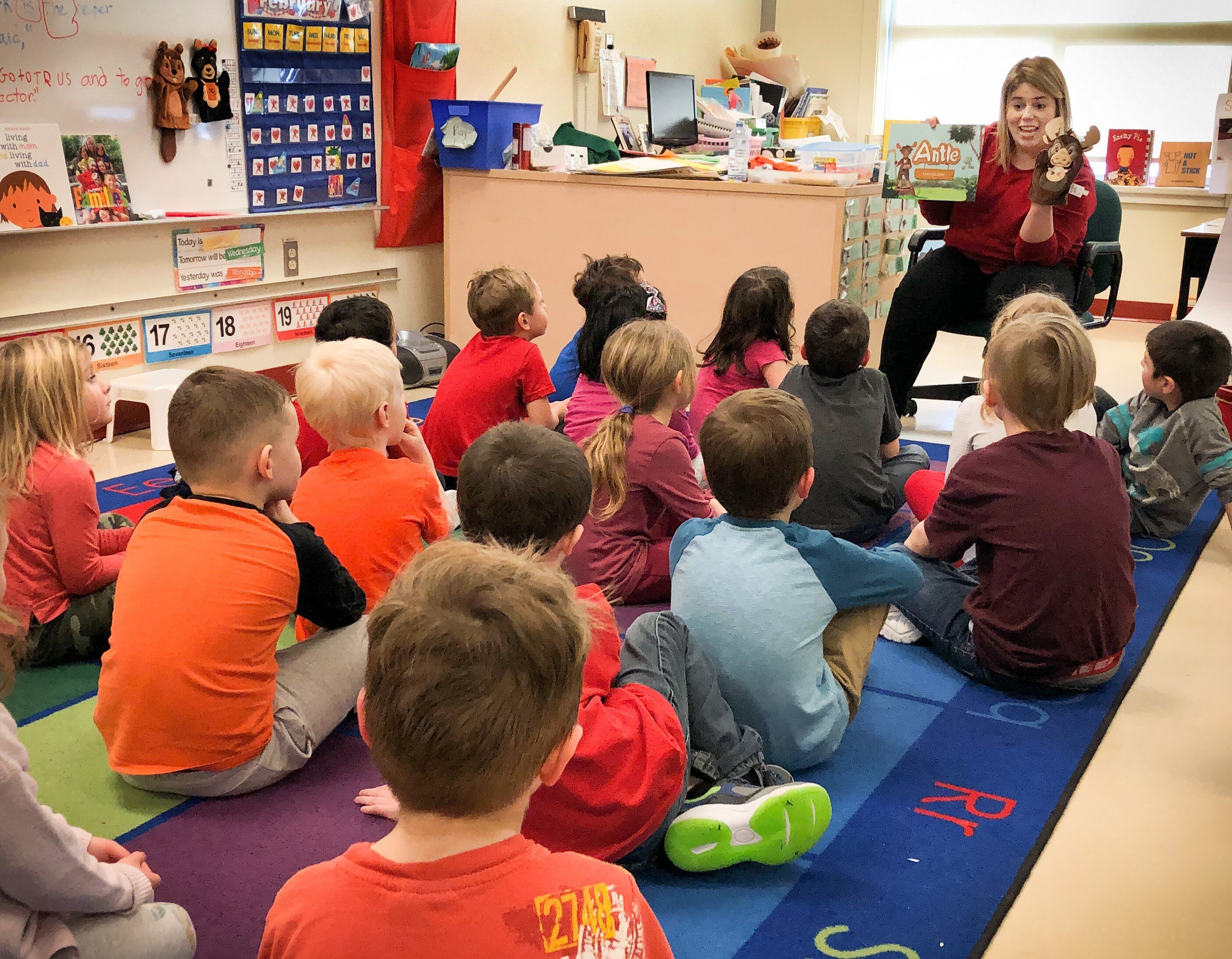
Officials with the province’s Department of Education and Lifelong Learning said no one was available to respond to specific questions regarding Indigenous content in PEI’s school curriculum, and instead directed CBC News to review the curriculum for each grade level, available online.
CBC was unable to find anything pertaining to the Lennox Island Day School, the Shubenacadie Residential School where some Island Mi'kmaq were sent, or anything pertaining to the Sixties Scoop. Nor was there anything on the specific ways in which colonialism has impacted Indigenous communities on P.E.I.
In a statement to CBC News, officials said the kindergarten to Grade 12 curriculum “incorporates Indigenous ways of understanding and being and Indigenous history including the history and legacy of residential schools. We work in conjunction with and [with] guidance from Indigenous stakeholders and the province’s Indigenous Education Advisory Committee.”
CBC did not hear back after multiple requests in August seeking an interview with someone from that committee.
Meanwhile, no one at the University of Prince Edward Island was available to offer details on what elements of P.E.I.’s Indigenous history have been researched at the university, or form a part of any courses there.
'This is our lives'
For members of Indigenous communities on P.E.I. we spoke with, what matters most is that whatever happens next represents a meaningful and lasting change.
They say generations of trauma will require generations of healing.
“How long did it take for us to go through all this, you know?” said Tiffany Sark. “This is our lives, this is our children's lives, our grandchildren's lives. It's like a generational thing, right?
“What we learn, we teach — and we need more services long-term, no quick fixes. And we need to be able to heal in our own way.”
She said even though much of her work inevitably reopens wounds many of worked decades to heal, she does feel progress is being made. She said the community continues to work to support those who are hurting. And she believes there’s a lot of hope among Mi'kmaq on Prince Edward Island as a result.
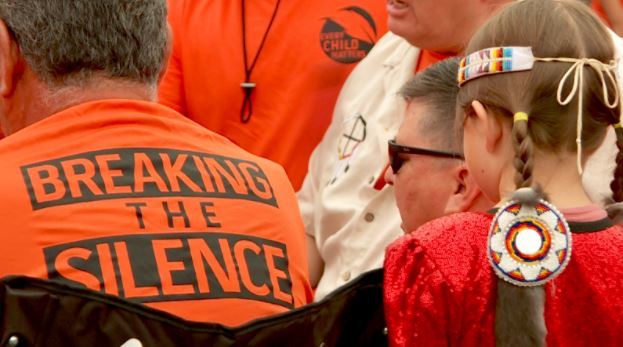
There’s also faith that they’ll continue to find ways to promote and protect their language, their culture, and their people.
“It feels good because we're survivors, we're resilient,” said Sark.
“And we still have oral histories, we still have the language, it's being promoted more and it's being taught more. We still have our ways and elders that can teach the ways,” said Sark.
Judy Clark agrees.
“It's all about a voice, having that voice. And our voices are only getting stronger.”
Support is available for anyone affected by their experience at residential or day schools, and those who are triggered by news reports such as this.
A national Indian Residential School Crisis Line has been set up to provide support for former students and those affected. People can access emotional and crisis referral services by calling the 24-hour national crisis line: 1-866-925-4419.
In this CBC series
WEDNESDAY | Hidden history: Survivor stories from the Indian Day School on Lennox Island
THURSDAY | Days of reckoning: What's happening now with the settlement and the push for an apology
FRIDAY | Next steps: What Mi'kmaq on Prince Edward Island want and need now to help them heal
